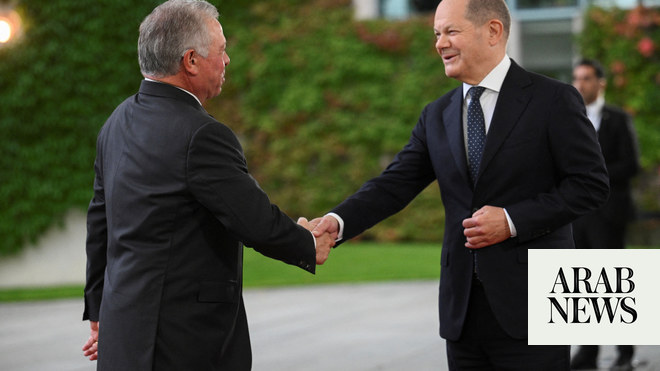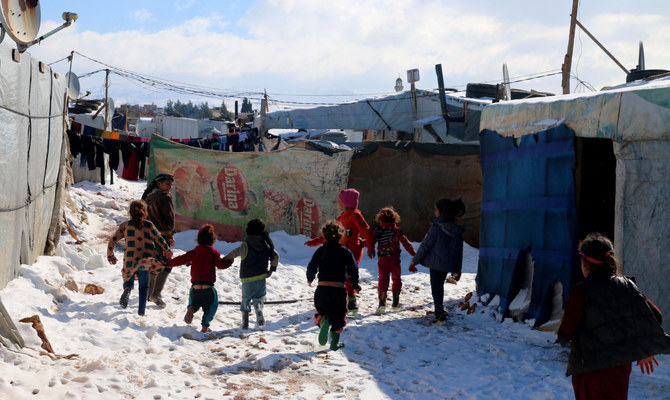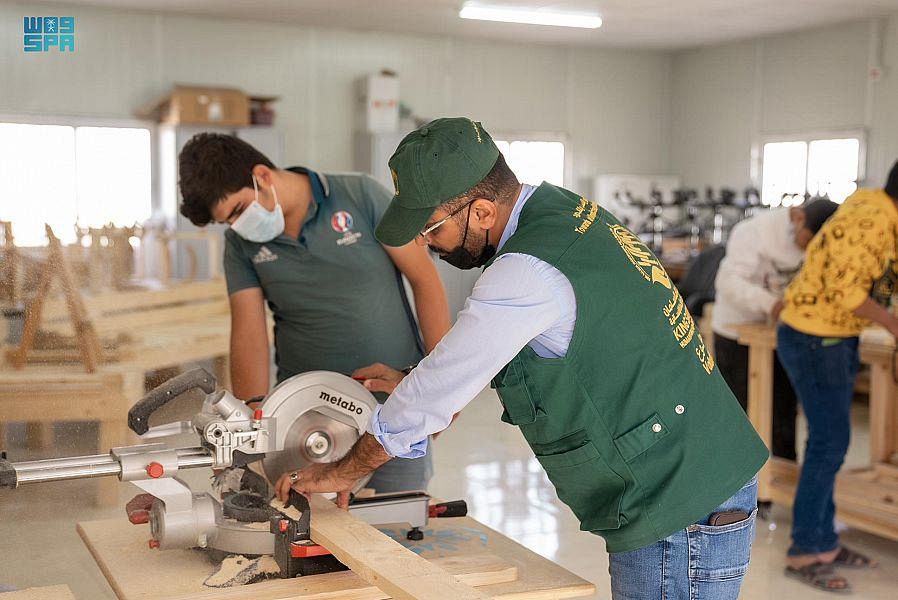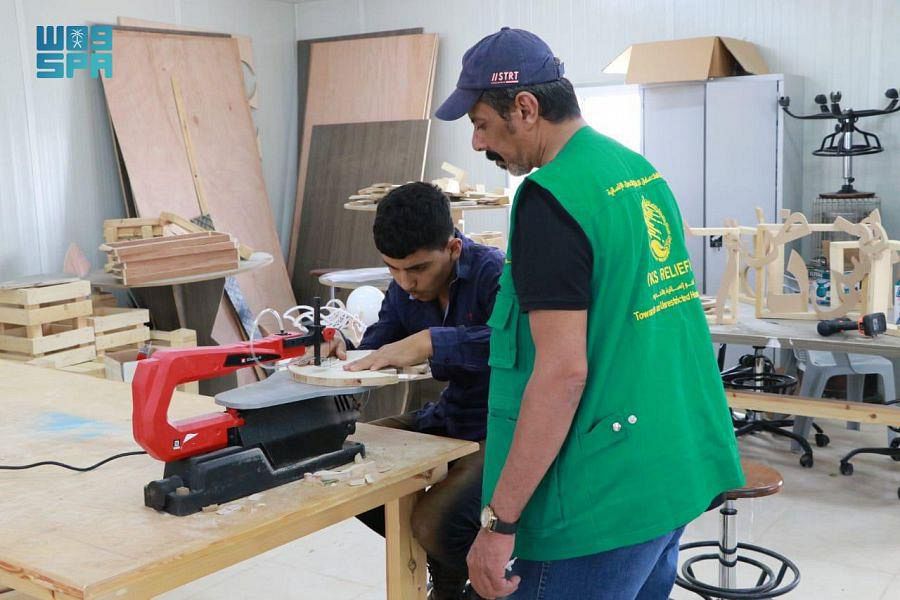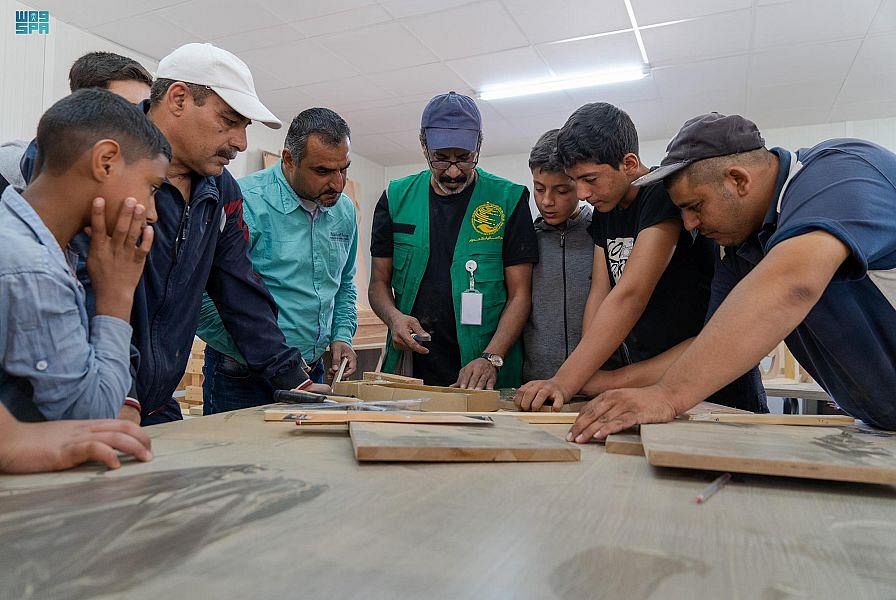
Every new year brings with it the hope that it will be an improvement on the previous one. But for the 6 million Syrian refugees in nearby countries — mainly Turkey Lebanon, Jordan and Iraq — who fled their country to escape the war that Bashar Assad started against his own people in 2011, there seems little hope that 2020 will bring a solution to their desperate situation.
The present dynamic of the political situation in Syria is not based on the support of the international community through a UN-sponsored political transition, but on a Syrian regime which believes it has won the war and that it has enough support from the Russians, Iranians and Chinese to enable it to reestablish its authority by force without aiming for national reconciliation and or agreeing to share power.
The most recent figures from the UN High Commissioner for Refugees (UNHCR), place the number of registered Syrian refugees at 5,671,049. But the total figure is certainly higher because many are not registered. In November 2018, it was reported that around 6.7 million Syrians were refugees. At the moment, there are believed to be more than 3 million in Turkish cities. In Lebanon, around 1 million are living in tent settlements. In Jordan, there are 670,000 — with some 120,000 in Zaatari and Azraq refugee camps. In Iraq, there are 250,000, mostly situated in Kurdistan in the north. And in Egypt there are 130,000.
In Lebanon, whenever President Michel Aoun or his son-in-law Gebran Bassil have traveled outside of the country, they have stressed that the refugees are a heavy burden on the Lebanese economy and asked that they be allowed to return. Aoun has repeatedly claimed that peace has returned to Syria and that the refugees should go back to their country. The UNHCR has made it clear that that cannot happen without guarantees that their return to Syria is voluntary, safe and dignified.
The Syrian refugees’ situation in Lebanon has been further complicated by the ongoing popular uprising and the disastrous economic situation there. Hundreds of refugees have headed back to Syria since protests broke out, raising the number who have returned over the past two years to around 27,000. That is a tiny percentage of those who remain in a perilous situation in Lebanon, despite assistance from the UNHCR and some private foundations, including Kayani, which has done much for Syrian refugees in collaboration with the American University of Beirut and UNESCO. Aoun and Bassil want them all to return immediately, claiming that Syria is safe now.
A new Lebanese Hezbollah-backed government, with Saad Hariri out, will be keen to take the opportunity to try to normalize relations with Assad and force the refugees to return home. Many of these refugees have been living for nine years just 50-60 km from their hometowns of Hama and Homs. But Assad, an Alawite, does not want them back. He is not interested in Sunnis returning to the country. His main aim is to consolidate his power in Syria and reinforce his influence in Lebanon. Russia claims to have a plan for the return of Syrian refugees in Lebanon, but has done nothing so far.
The bombings by Russian planes and the Syrian regime in Idlib has escalated violence in northeast Syria and displaced more people inside Syria and into neighboring Iraq.
In Turkey, President Recep Tayyip Erdogan wants to instigate a risky policy of forced return for Syrian refugees in the northeast, pushing them to return to areas where they will likely be unwelcome.
The international community can help those who wish to return by negotiating guarantees of their protection and safety. The UNHCR is already doing this, but it is not working very well.
The future, for Syrian refugees, is bleak so long as the international solution for transition in Syria continues to fail. The only benefit is to Assad and his protectors, the Russians and Iranians.
Randa Takieddine is a Paris-based Lebanese journalist who headed Al-Hayat’s bureau in France for 30 years. She has covered France’s relations with the Middle East through the terms of four presidents.
Disclaimer: Views expressed by writers in this section are their own and do not necessarily reflect Arab News" point-of-view





